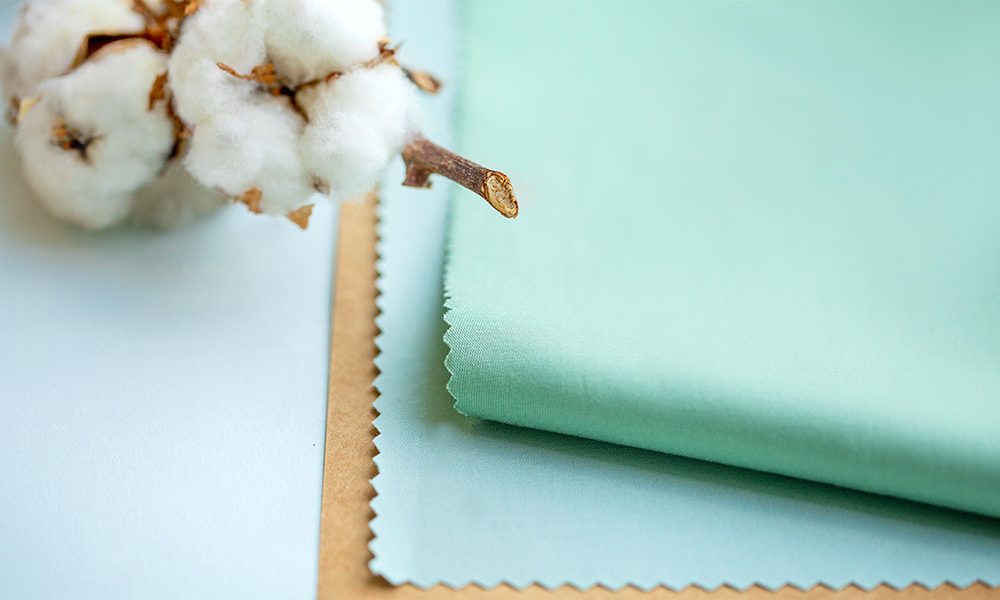
Materials
We strive to make our fashion collections with a lower environmental impact.
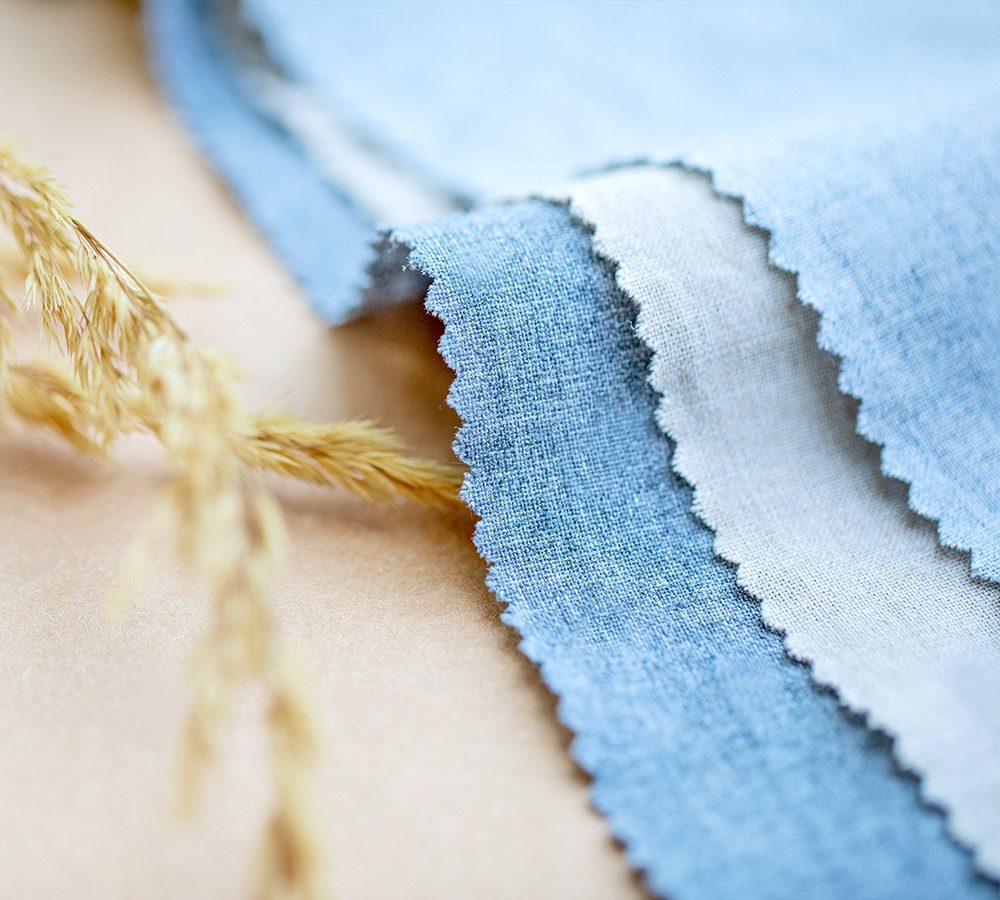
Clothing made of preferred* materials
Responsible fashion begins with the selection of materials for our collections. We carefully monitor the raw materials market and progressively introduce certified and preferred materials into what we offer. We primarily look for fabrics with a lower carbon footprint and for recycled textiles, thus enabling us to meet our SBTi-approved targets.
Our collections include organic fibres, certified recycled materials, as well as licensed cellulose fibres made from wood pulp.
Table showing the main categories of raw materials and materials used in LPP in 2024
Raw material | % of raw materials in relation to the total |
|---|---|
Cotton | 48.99% |
Polyester | 29.56% |
Cellulose fibres | 5.50% |
Other | 15.95% |
Total | 100% |
*Textile Exchange, a non-profit organisation, defines preferred materials as ‘fibres or raw materials for material production that, compared to their conventional counterparts, have a lesser negative impact on the environment, while simultaneously providing greater benefits for the climate, nature, and people through a holistic approach to the production process’.
Source: Preferred Fibers and Materials Definition (textileexchange.org)
Based on this definition, we consider the preferred materials used in our collections to be those that have a lower carbon footprint than their conventional counterparts or are sourced from recycling.
Table of GHG emission factors for sourcing preferred materials compared to their conventional counterparts.
Table of GHG emission factors for sourcing preferred materials compared to their conventional counterparts
Material type | Emission factor for raw material extraction [kg CO2e/kg] |
|---|---|
Conventional polyester | 2.46 |
Recycled polyester | 1.14 |
Repreve TM Polyester | 1.21 |
Conventional cotton | 1.93 |
Organic cotton | 1.00 |
Recycled cotton | 0.35 |
Cotton made in Africa | 1.26 |
Conventional wool | 32.2 |
Recycled wool | 1.94 |
Conventional viscose | 8.36 |
Lenzing Ecovero | 3.27 |
Livaeco TM by Birla | 3.67 |
Conventional lyocell | 6.73 |
Lenzing Tencel Lyocell | 3.16 |
Conventional modal | 9.94 |
Lenzing Modal | 2.84 |
Acetate | 10.30 |
Eastman Naia | 3.22 |
Source: The Higg Materials Sustainability Index (MSI), Version 3.9 (October 2024).
Cotton made in Africa
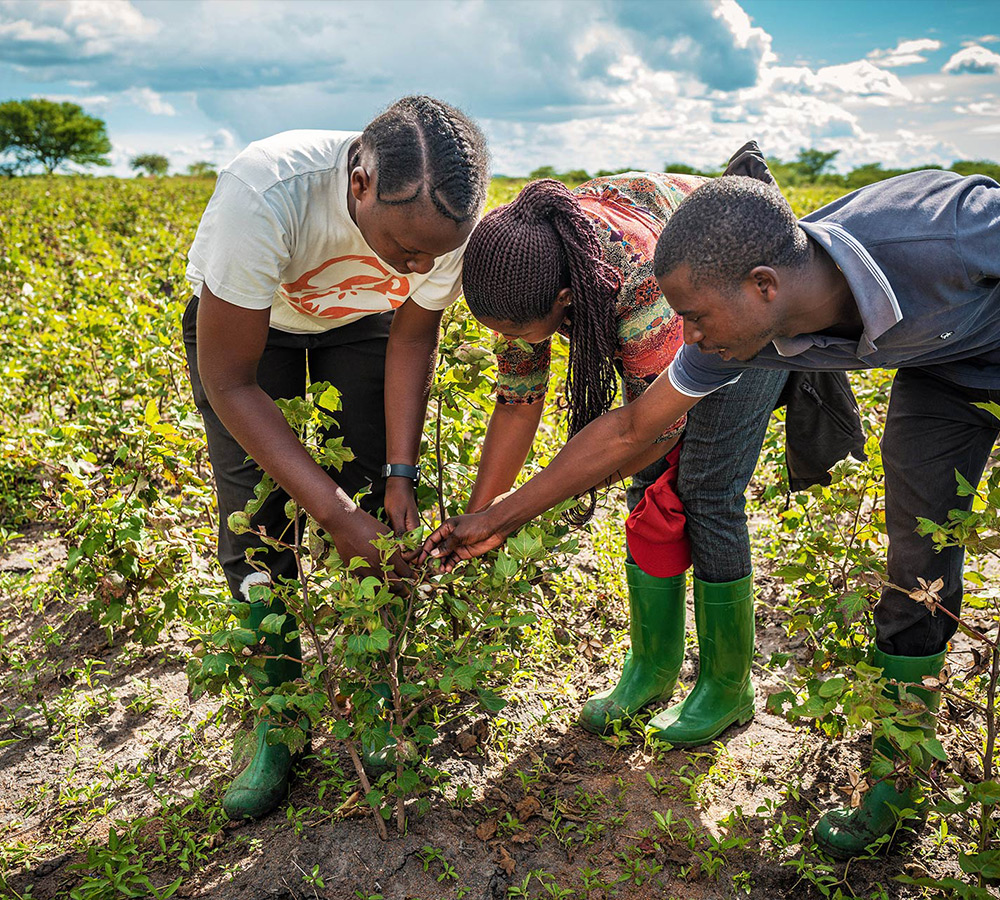
In 2021, we became a partner of Cotton made in Africa (CmiA), an internationally recognised standard for sustainably produced cotton from Africa. CmiA-labelled raw materials provide an alternative to conventional cotton. The cultivation of CmiA involves the efficient management of natural resources and compliance with appropriate farmer labour standards. Compared to the global average, one kilogram of CmiA generates up to 13% less greenhouse gas emissions.
The funds from the CmiA licence we pay are used to finance training on how to improve crop quality and limit the consumption of resources (including water), on cotton cultivation methods, on ways to improve farmers’ working conditions, as well as on the promotion of gender equality and respect for children’s rights in Africa.
Cotton is one of the main raw materials we create LPP collections from — it accounts for approximately 45% of all the raw materials we use. We replace conventional cotton with Cotton made in Africa increasingly often. In the year 2024/2025, its use in the LPP collections increased by 109%, year on year.
Canopy

We control our suppliers with regard to the methods of sourcing and using wood pulp materials. This way, we want to completely eliminate the likelihood of using raw materials from endangered forests or illegal logging in the production of our collections.
In 2021, we started working with Canopy, an international organisation dedicated to developing business practices for the conservation and regeneration of forest resources around the world. One of the commitments we made when joining this initiative was to promote forest conservation, both in terms of our packaging policy and the use of cellulose-derived materials for clothing.
Protecting animal welfare
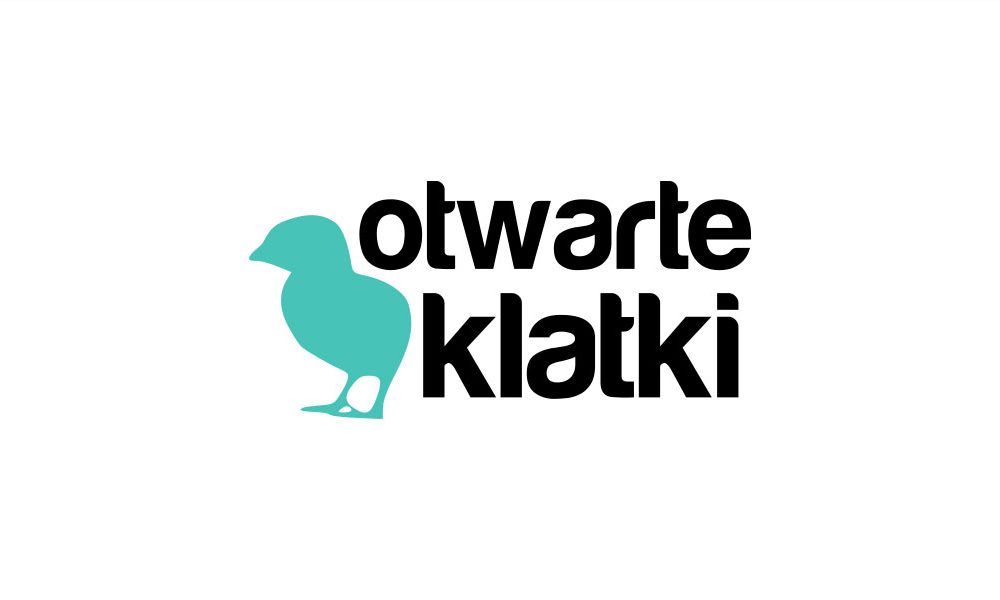
We have undertaken a number of initiatives in order to have an impact on animal welfare. We entered into an agreement with the Open Cages organization, which involves our permanent commitment to giving up natural furs, and joined the international Fur Free Retailer initiative.
Currently, 100% of the feathers used in our collections comply with Responsible Down Standard, which aims to protect the ducks and geese used in down production.
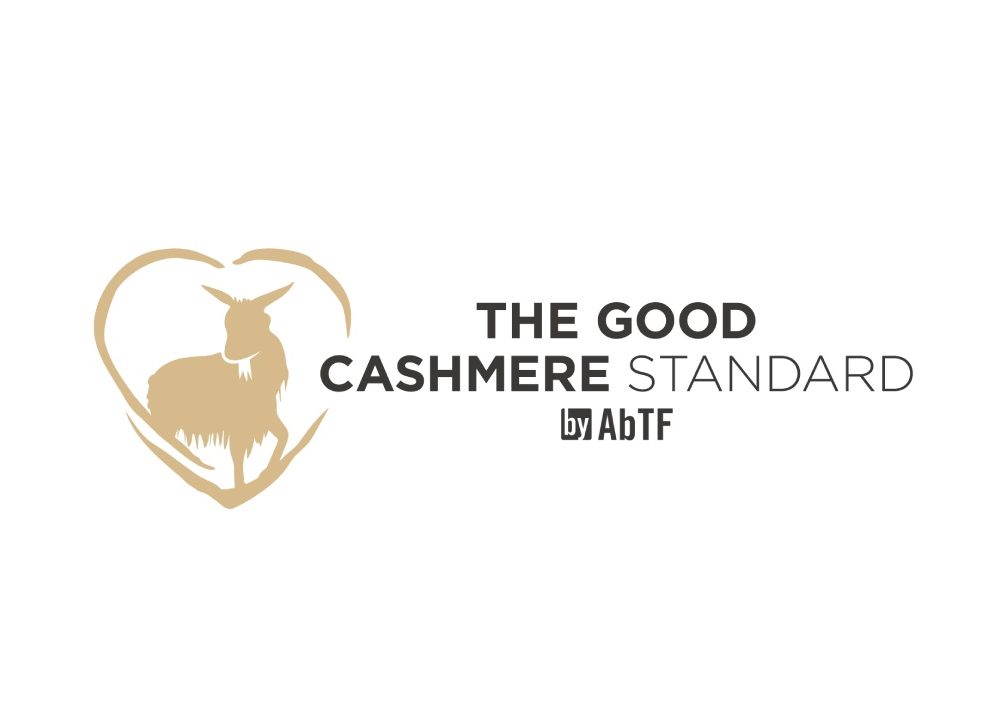
We also make use of recycled and virgin cashmere sourced in compliance with the Good Cashmere Standard® (GCS), an independent standard developed by Aid by Trade Foundation (AbTF), which seeks to improve the welfare of cashmere goats and the working conditions of goat herders and farm workers, and to protect the environment.
renounced in 2014
renounced in 2016
Standards used for material certification
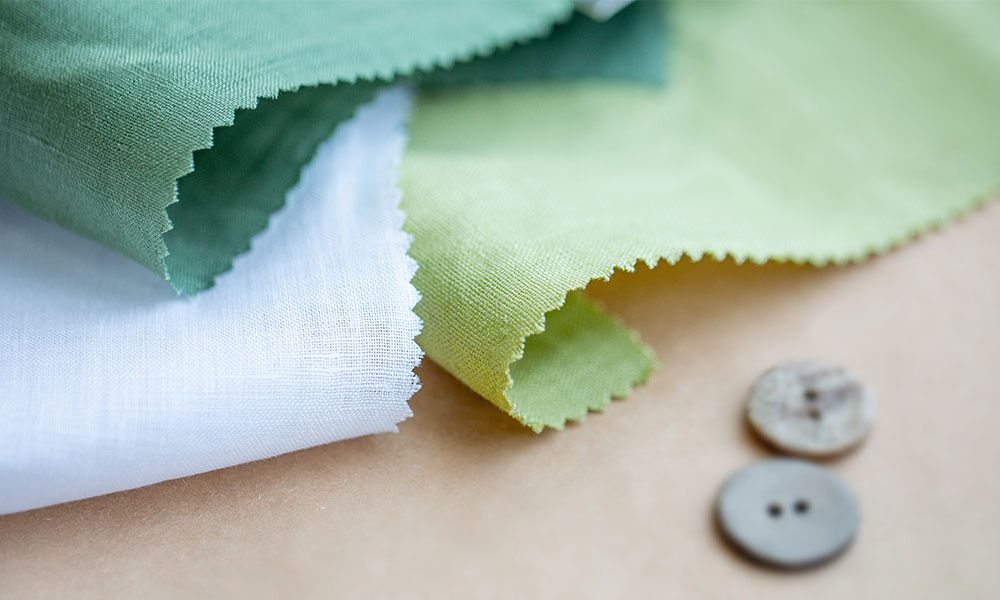
As we wish to be credible, we choose, wherever possible, preferred materials that are certified, licensed or provide assurance that they have been manufactured to minimise the use of natural resources.
The standard for organic materials, such as cotton, sets extensive environmental and social criteria.
The standard for fabrics containing recycled fibre, e.g. polyester, based on environmental and social criteria.
The standard for organic materials
The standard for fabrics containing recycled fibre
Discover our reports
Here you will find our latest report and all previous publications. Check LPP's progress, learn about our environmental, social and business results.



